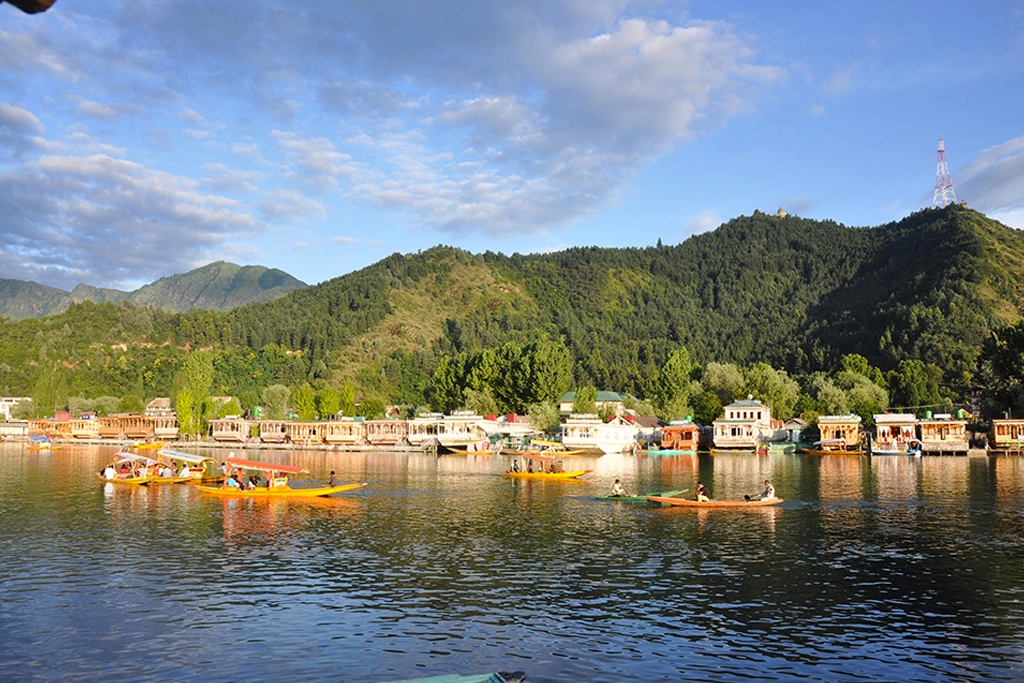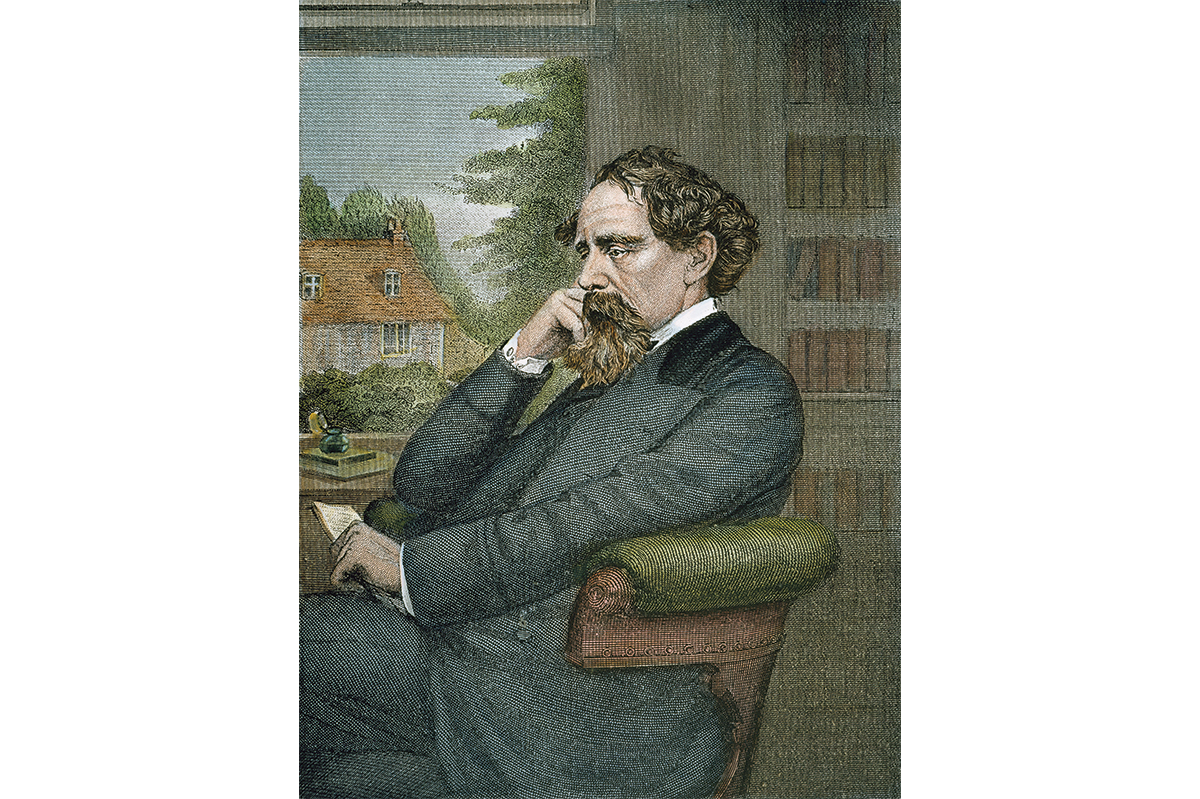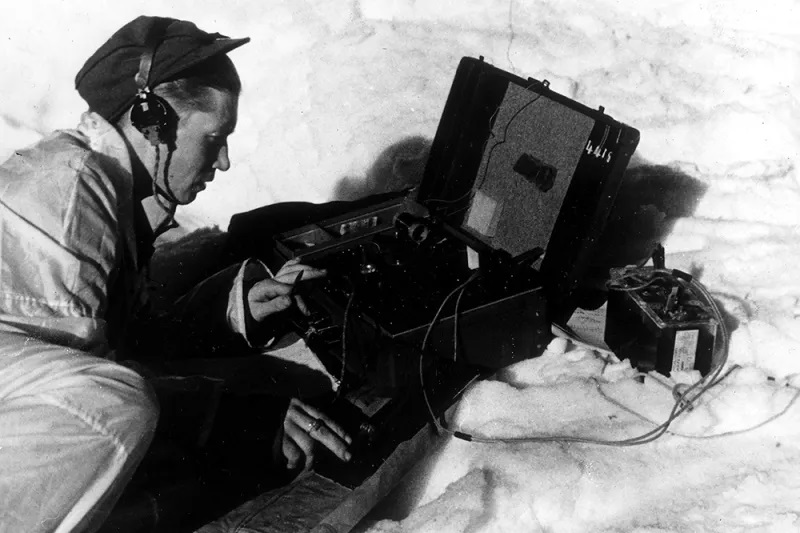We all have our vision of a paradise travel destination. Mine was Tahiti, based on exotic remoteness and those pictures of glorious atolls with their cerulean blue lagoons — until I went there and discovered a severe underlying drugs problem among the island’s youth, and whispering discontent.
Herman Melville once talked of how “the soul of man was an insular Tahiti, full of peace and joy but encompassed by all the horrors of the half known life.” It’s a phrase that gives Pico Iyer his title for this intriguing collage of such places which might, and should, be considered paradise, but that human intervention has spoiled. Like Satan surveying the Garden of Eden, the reader can take a certain mordant pleasure in the process. There can be a piquancy in the thought that the roses now have thorns.
In Kashmir, some half a million Indian soldiers have turned the most emotive victim of Partition into one of the most heavily militarized zones in the world. Yet Iyer can still rent one of the famous houseboats on Dal Lake among the egrets and lotus ponds and be plied with cinnamon tea. The pietra dura work on the Taj Mahal is said to illustrate the flowers of Kashmir, and the valley was so beautiful that Mughal empresses such as Noor Jahan made an annual pilgrimage there from the plains of India. Bollywood romcoms like to have a pay-off scene when the lovers sing to each other in its meadows, even if they use Austria as a stand-in when political tensions dictate.
Meanwhile in Iran — from where the word “paradise” comes, for a walled garden with fountains playing — the restrictive, theocratic regime means its citizens have to “maintain their heaven within,” as the Persian poet Rumi put it. Iyer is good at negotiating the subtle and inward culture he finds there — he becomes paranoid that the authorities are spying on him, so writes emails in their praise — just as he is among the Buddhist temples of Japan, where “the relation of surface to depth remains beguilingly uncertain.”
Now sixty-five, he has had an interesting literary journey. His early novels, such as Cuba and the Night, still one of the best ever written about that country, channeled Graham Greene, an influence he acknowledged explicitly in The Man Within My Head. The tone was worldly, sharp and slightly jaundiced. But his later work has mellowed into a more philosophical and benign world view. Perhaps this book could have been better titled “Travels With My Saintly Uncle.” He mentions a journey round Japan with the Dalai Lama, as well as a retreat in a Benedictine monastery in California, and he now divides his time between those places and Oxford, while giving Ted Talks.
As a result, The Half Known Life covers a great deal of ground, or at least air miles. Rather like the current vogue for multiverse movies, the reader may struggle to keep up as we jump-cut from Australia to Sri Lanka to the back streets of Belfast and on to Iran and North Korea. There are more reflective passages about idyllic schooldays in England — clearly at Eton, although, coyly, he does not say so — and his divided allegiances to Britain and his Indian heritage.
All this, together with a glowing endorsement from Elizabeth Eat, Pray, Love Gilbert (“nothing less than a guided tour of the human soul”) might have readers fearing a journey round the world with a yoga mat. What saves the project is that Iyer shares Greene’s gift for the enthralling sentence, and can be a charming and perceptive companion. When he describes a place it is the granular detail rather than the spiritual inference that impresses. He is good at talking to people, listening and reflecting, and is particularly astute on the resilience of the human spirit in a divided world. Perhaps the premise is less interesting than the result. As an investigation of why man is so good at trashing paradise, it does not advance us far. But read as a series of loosely connected travel essays it is very good indeed.
The book begins: “Four hours in Iran, and already I was having to rethink almost everything.” Iyer reminds us that the key to good travel writing lies in the discrepancy between what you expect of a country and what you get. And at an even more primal level, he makes you want to go to the countries themselves (well, perhaps not North Korea), even if some of them are fallen paradises. I’m thinking of booking a house boat in Kashmir already.
This article was originally published in The Spectator’s UK magazine. Subscribe to the World edition here.

























